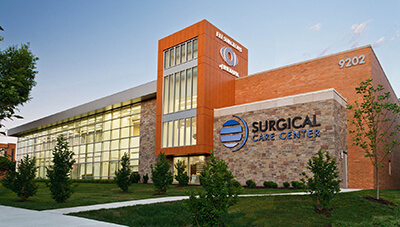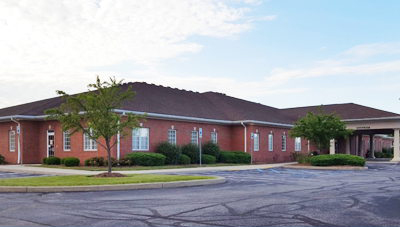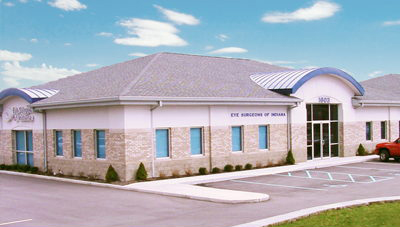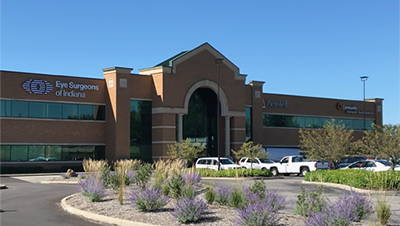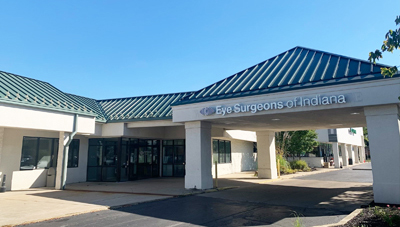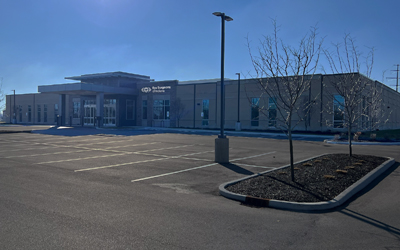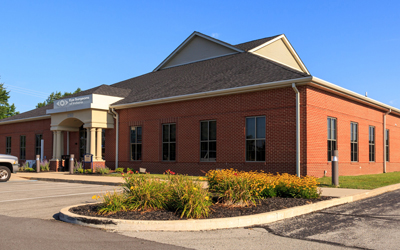Surprise Billing and Good Faith Estimates
Your Rights and Protections Against Surprise Medical Bills
When you get emergency care or get treated by an out-of-network provider at an in-network hospital or ambulatory surgical center, you are protected from surprise billing or balance billing.
What is “balance billing” (sometimes called “surprise billing”)?
When you see a doctor or other health care provider, you may owe certain out-of-pocket costs, such as a copayment, coinsurance, and/or a deductible. You may have other costs or have to pay the entire bill if you see a provider or visit a health care facility that isn’t in your health plan’s network.
“Out-of-network” describes providers and facilities that haven’t signed a contract with your health plan. Out-of-network providers may be permitted to bill you for the difference between what your plan agreed to pay and the full amount charged for a service. This is called “balance billing.” This amount is likely more than in-network costs for the same service and might not count toward your annual out-of-pocket limit.
“Surprise billing” is an unexpected balance bill. This can happen when you can’t control who is involved in your care—like when you have an emergency or when you schedule a visit at an in-network facility but are unexpectedly treated by an out-of-network provider.
You are protected from balance billing for:
Emergency services
If you have an emergency medical condition and get emergency services from an out-of-network provider or facility, the most the provider or facility may bill you is your plan’s in-network cost-sharing amount (such as copayments and coinsurance). You can’t be balance billed for these emergency services. This includes services you may get after you’re in stable condition, unless you give written consent and give up your protections not to be balanced billed for these post-stabilization services.
Certain services at an in-network hospital or ambulatory surgical center
When you get services from an in-network hospital or ambulatory surgical center, certain providers there may be out-of-network. In these cases, the most those providers may bill you is your plan’s in-network cost-sharing amount. This applies to emergency medicine, anesthesia, pathology, radiology, laboratory, neonatology, assistant surgeon, hospitalist, or intensivist services. These providers can’t balance bill you and may not ask you to give up your protections not to be balance billed.
If you get other services at these in-network facilities, out-of-network providers can’t balance bill you, unless you give written consent and give up your protections.
You’re never required to give up your protections from balance billing. You also aren’t required to get care out-of-network. You can choose a provider or facility in your plan’s network.
When balance billing isn’t allowed, you also have the following protections:
- You are only responsible for paying your share of the cost (like the copayments, coinsurance, and deductibles that you would pay if the provider or facility was in-network). Your health plan will pay out-of-network providers and facilities directly.
- Your health plan generally must:
- Cover emergency services without requiring you to get approval for services in advance (prior authorization).
- Cover emergency services by out-of-network providers.
- Base what you owe the provider or facility (cost-sharing) on what it would pay an in-network provider or facility and show that amount in your explanation of benefits.
- Count any amount you pay for emergency services or out-of-network services toward your deductible and out-of-pocket limit.
If you believe you’ve been wrongly billed, you may contact the state or federal authorities responsible for enforcing the federal and/or state balance or surprise billing protection laws.
For more information about your rights under federal law visit: https://www.dol.gov/agencies/ebsa/laws-and-regulations/laws/no-surprises-act
For more information about your rights under Indiana law visit: https://www.in.gov/healthcarereform/no-surprises-act/
Good Faith Estimates
You have the right to receive a good faith estimate explaining how much your medical care will cost.
Federal law requires healthcare providers and facilities to provide patients who don’t have insurance or who are not using insurance an estimate of the bill for medical items and services.
- You have the right to receive a good faith estimate for the total expected cost of any non-emergency items or services. This includes related costs like medical tests, prescription drugs, equipment fees and hospital fees.
- Providers and facilities are required to provide good faith estimates to uninsured and self-pay patients for all scheduled non-emergency services and upon request within 3 business days after scheduling a primary item or service to be furnished at least 10 days later; or the next business day after scheduling a primary item or service at least 3 but less than 10 days later.
- If you receive a bill that is at least $400 more than your good faith estimate, you can dispute the bill.
- Make sure to save a copy or picture of your good faith estimate.
Indiana law requires a patient may at any time ask a healthcare provider for an estimate of the amount the patient will be charged by the provider and health facility for non-emergency medical services. The law requires that the estimate be provided within 5 business days.
For questions or more information about your right to a good faith estimate, visit cms.gov/nosurprises or call 1-844-786-9503.

